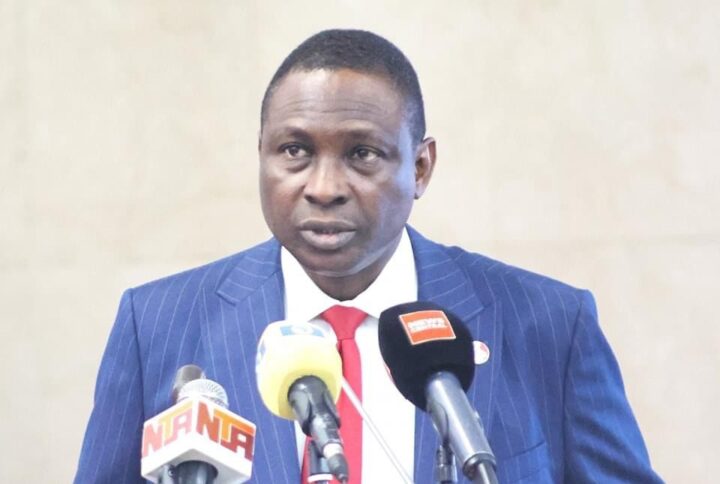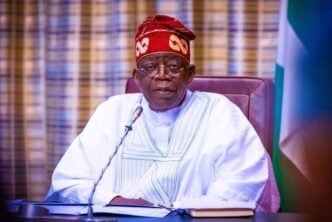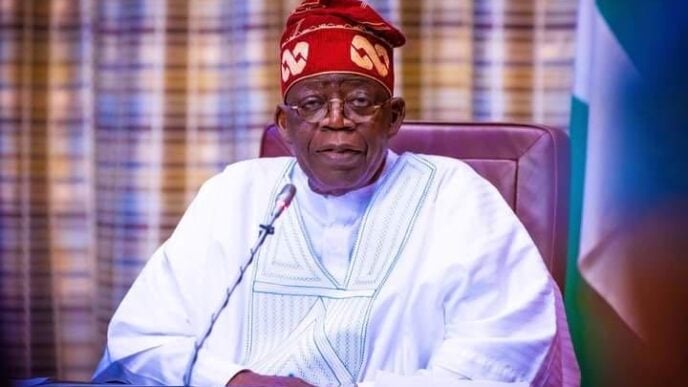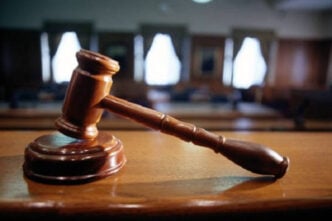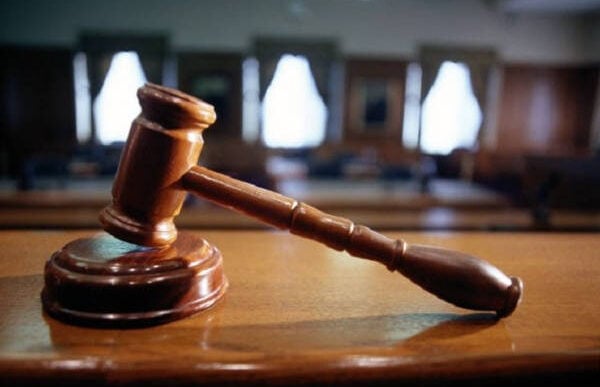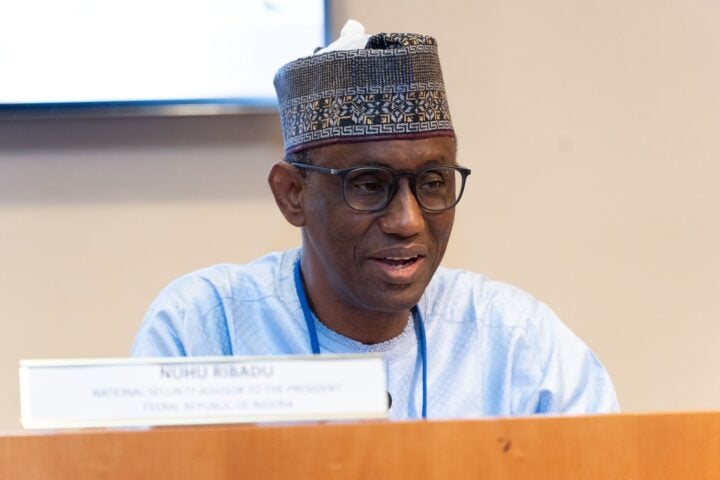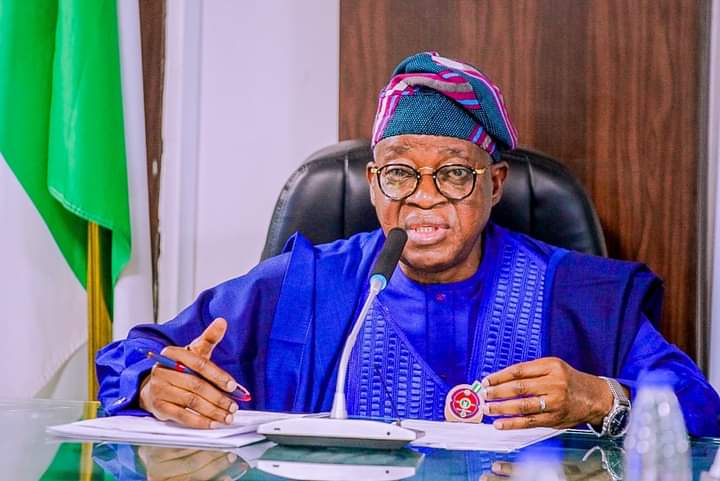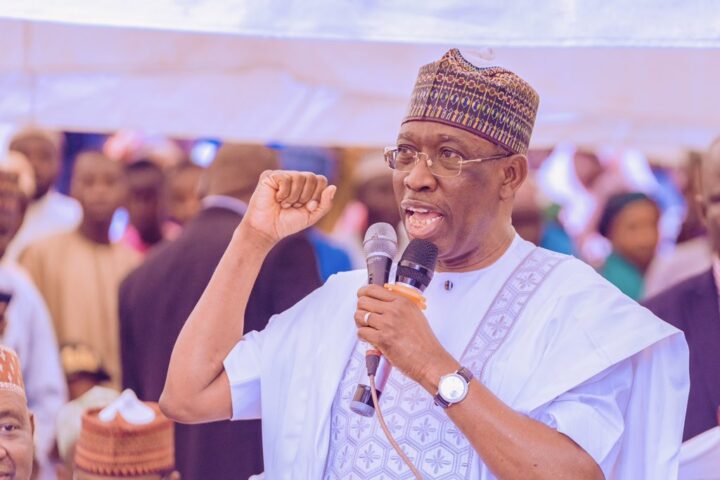Ola Olukoyede, EFCC chairman
Ola Olukoyede, chairman of the Economic and Financial Crimes Commission (EFCC), says corrupt contractors who use substandard equipment are responsible for the frequent collapse of the national power grid.
The national grid has collapsed 10 times this year; the most recent being on November 7.
The Transmission Company of Nigeria (TCN) blamed a series of lines and generator tripping as the reason for the instability of the grid.
Adebayo Adelabu, minister of power, said the frequent system failure of the national grid was inevitable due to outdated infrastructure.
Advertisement
Addressing members of the house of representatives committee on financial crimes during an oversight visit to the headquarters of the EFCC on Tuesday, Olukoyede said the commission is already investigating the power sector.
“As I am talking to you now, we are grappling with electricity. If you see some of the investigations we are carrying out within the power sector, you will shed tears,” he said.
“People who were awarded contracts to supply electricity equipment, instead of using what they call 9.0 gauge, they will go and buy 5.0.
Advertisement
“Every time you see the thing tripping off, the thing gets burnt, and all of that, it falters and it collapses. It’s part of our problems.”
The EFCC chairman also lamented the slow pace of infrastructure development in the country, adding that not up to 20 percent of capital projects have been implemented in the last two decades.
“In the past one year, we have had cause to establish a new directorate called fraud risk assessment and control (FRAC),” he said.
“The mandate of this directorate is to work with the office of the accountant-general to look at the financial releases, go into the MDAs, and monitor the implementation of projects.
Advertisement
“We discovered that in the last 15 to 20 years, we have not done up to 20 percent of our capital project implementation and execution.
“And if we don’t do that, how do you want to have infrastructural development?
“How do you want to grow as a nation? So, our mandate this year is to work with that directorate and with the national assembly to see if we can meet up to 50 percent of the execution of our capital projects for the year.
“If we do 50 percent, we will be fine as a nation. Lack of implementation of this capital projects, the capital budget, is one of our major problems in Nigeria.
Advertisement
“And if we are able to tackle that effectively, we will make progress as a nation.”
Advertisement
